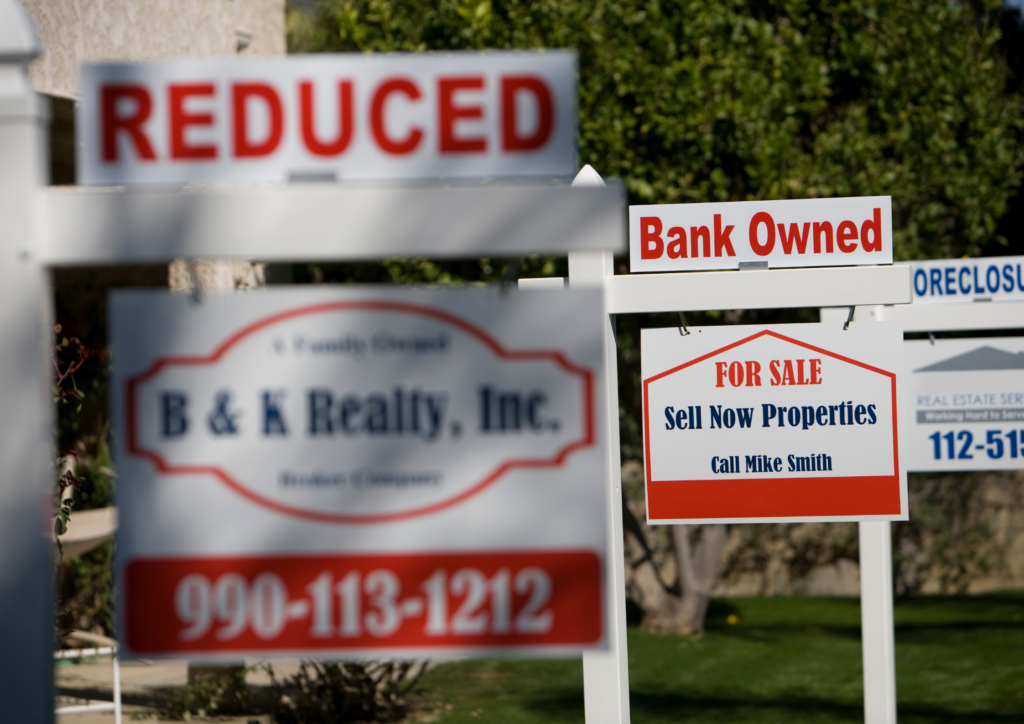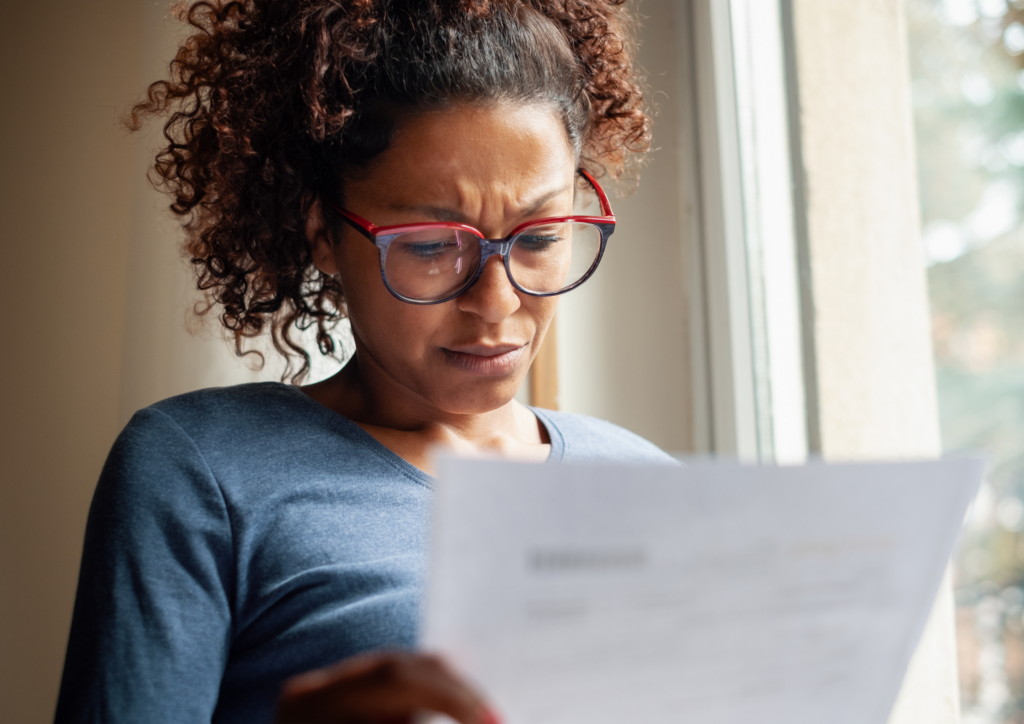Surplus Funds In Real Estate
The owner and other interested parties may be eligible to claim the excess fund generated if a real estate property was sold in an auction. This is not known to many real estate owners that lost their property due to foreclosure.
The funds remaining after payment of all disbursements required by the final judgment of foreclosure and reflected on the certificate of disbursements are referred to as surplus money or surplus.
Read on if you are a real estate owner and are interested in surplus funds generated from foreclosures.

What Are Surplus Funds In Real Estate?
When a lender forecloses on your property, the Clerk of Superior Court accepts bids until the bidding period expires and the property is sold to the highest bidder. The property may sell for more than the amount owed. The extra money may be money owed to you.
There are two indicators of surplus funds remaining after the property is sold: (1) if the most recent bid is higher than the amount you owe to the lender, and (2) if money remains after the sale proceeds have been used to settle the costs, any property taxes owed, special assessments, or any other obligations set forth by the mortgage or deed of trust.
After the proceeds have been applied to the mortgage amount owed, any surplus will be distributed to those who are entitled to it. Those who are entitled include anyone who has a lien on your property, the mortgage or deed of trust’s duties, and you.
How Do Surplus Funds Work?
Any surplus funds exceeding the debt amount are placed into an overage account, which can be claimed and collected by interested parties such as the property owner, heirs of an estate, or some creditors depending on the circumstances.

Even though you may be entitled to this cash, the Clerk of Superior Court does not automatically send funds after the proceeds have been realized since the court is unsure who is entitled to the leftover funds. As a result, you must take steps to ensure that the surplus money is returned to you.
It’s vital to note that if you don’t act quickly to recover surplus funds from a foreclosure sale, the remaining funds will be kept in trust by the clerk of the court where the property was sold before being transferred to the Treasury Department. If you wait too long, you may lose your chance to get the funds you are entitled to.
How Do You Get A Surplus Fund?
A notification will be sent to all potentially interested parties on the property. After the foreclosure sale, the notification will be included in a huge packet of paperwork and delivered by certified mail. A document that shows how the foreclosure is done is also included in the packet.

A Notice of Deposit of Surplus Funds is included in the documents, which quantifies the amount of funds that are leftover and discusses how parties who may have a claim to the funds may notify the court.
Submit a request with the court of jurisdiction to disperse the funds once you’ve received the Notice of Deposit of Surplus Funds. The purpose of this motion is to show that the person submitting it is the owner of the property or that the person filing it has a lien against the property and that they have priority over anybody else claiming the surplus funds.
Who Can Get Surplus Funds After Foreclosure?
State law determines who has the right to collect after a sale. In most cases, it is the property owner at the time of the auction. However, an heir or a mortgage lender may have the right to collect any overage money under certain conditions.
The lender is not entitled to any of the additional proceeds from a foreclosure sale. Only an amount sufficient to pay off the loan’s outstanding balance plus the costs of foreclosure and sale is available to the lender.
Where To Claim Surplus Funds?

If there are any leftover funds from a sale, the trustee or other selling official must notify the foreclosed homeowner’s at their last known address. Contact the trustee or officer who sold the property after the auction. Inquire whether there were any leftover funds from the auction.
If the state has a redemption period. This is a period after the sale for interested parties. The property owner or mortgagee is able to redeem the sale by paying a specified amount to the winning purchaser or county treasurer. overages cannot be applied until the redemption period has expired. Certain states also have time limits on how long money can be claimed, which can range from one year to ten years, while others have no time limits at all.
After the lender has been paid, the trustee then distributes funds owed to any junior lien holders. After all of these fees and duties have been paid, the owner is entitled to the residual excess.
Piece Of Advice
Claiming surplus is a complex and time-consuming process. There are various components of the procedure that are tough to handle without prior understanding. You must choose a real estate lawyer with knowledge and efficiency in foreclosure surplus claims to expedite the claim.
To acquire specific information on claiming surplus funds after a foreclosure sale, it is usually advisable to consult a real estate attorney first. If you believe your property has significant equity, our attorney can submit a claim on your behalf and assist you with any eviction issues that arise following a foreclosure. This will allow you to make the most of your time in the house as well as the money you will receive from the property sale.

Comments are closed